Accelerating Knowledge
More StoriesCONNECT RECOVER: Moving Quickly for Brain Health
A first-of-its-kind in Canada, the RECOVER pilot project (REaching patients with a COncussion Visiting the Emergency Room to enhance care) recruited and studied adults in the emergency room immediately after a concussion. This allowed concussion researchers to gather crucial information, including data like brain imaging, unusually quickly. Data was promptly and efficiently transferred from hospitals to OBI's CONNECT research program to help enhance research and care for people who have experienced a concussion. Preliminary data analysis on this study identified previously unreported brain changes early post-injury.
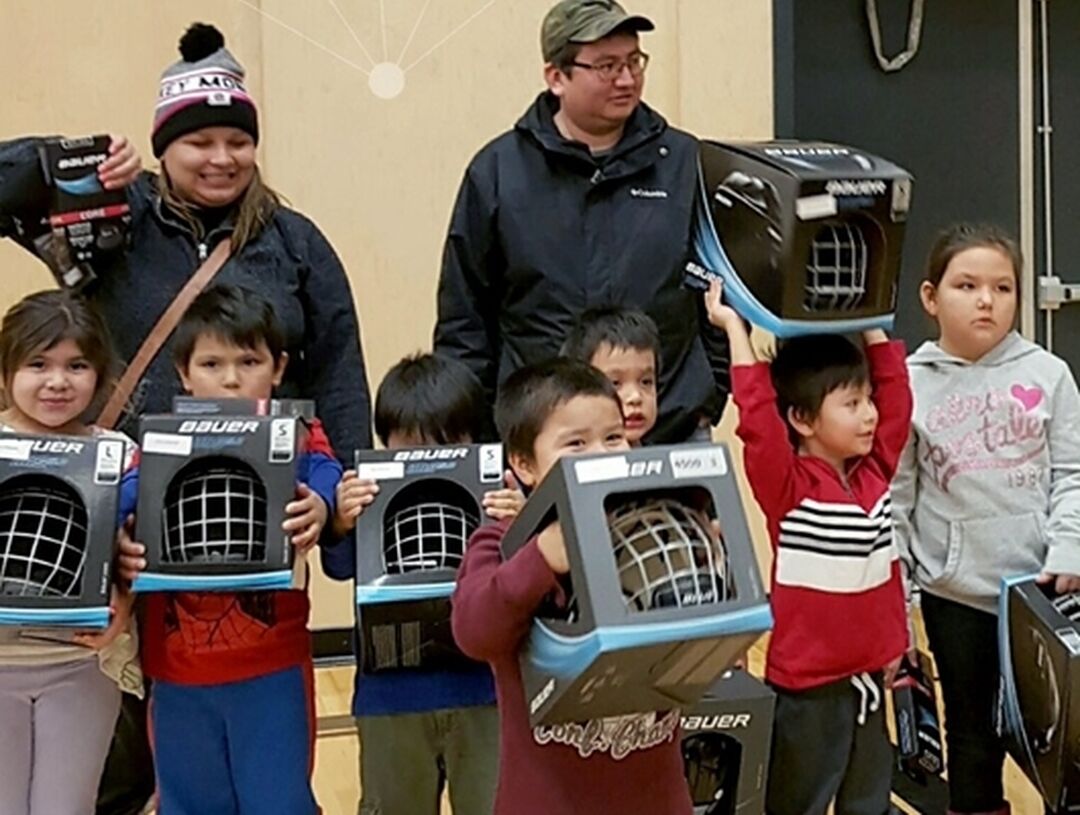
POND: Truth Beyond Labels
If diagnostic labels were ignored, and only behaviour and brain features were considered, would individuals diagnosed with autism, ADHD and OCD reflect the label they were given? New OBI-funded research, conducted by POND, suggests no. This paper challenges the way autism, ADHD and OCD are currently defined, diagnosed and treated. To ensure more accurate interventions and care, researchers outlined a need to rethink how we view neurodevelopmental disorders to better reflect shared behavioural and biological characteristics.
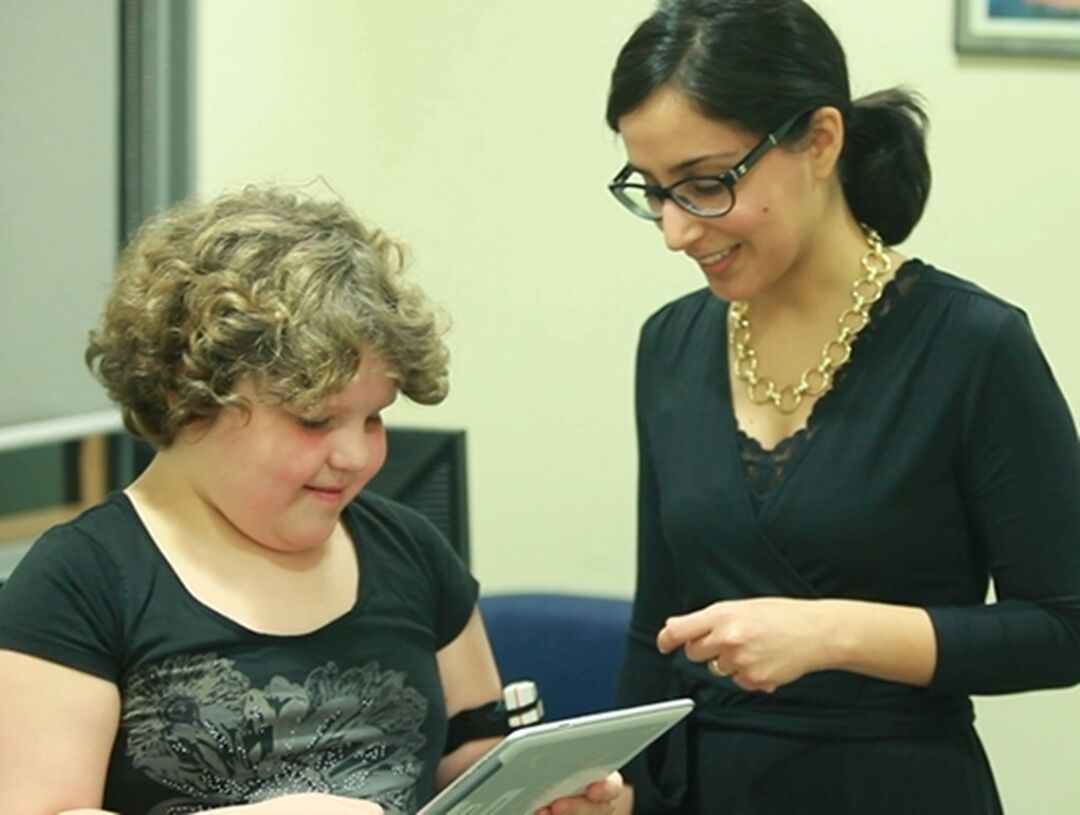
Brain-CODE Paper Gets Wide Exposure
A paper recently published in Frontiers in Genetics, titled “Big Data Needs Big Governance: Best Practices from Brain-CODE, the Ontario Brain Institute’s Neuroinformatics Platform”, outlines why data sharing is critical to improving brain health. It also details nine key concepts applied in the development of Brain-CODE’s governance framework and speaks to OBI’s contributions to promoting open science.
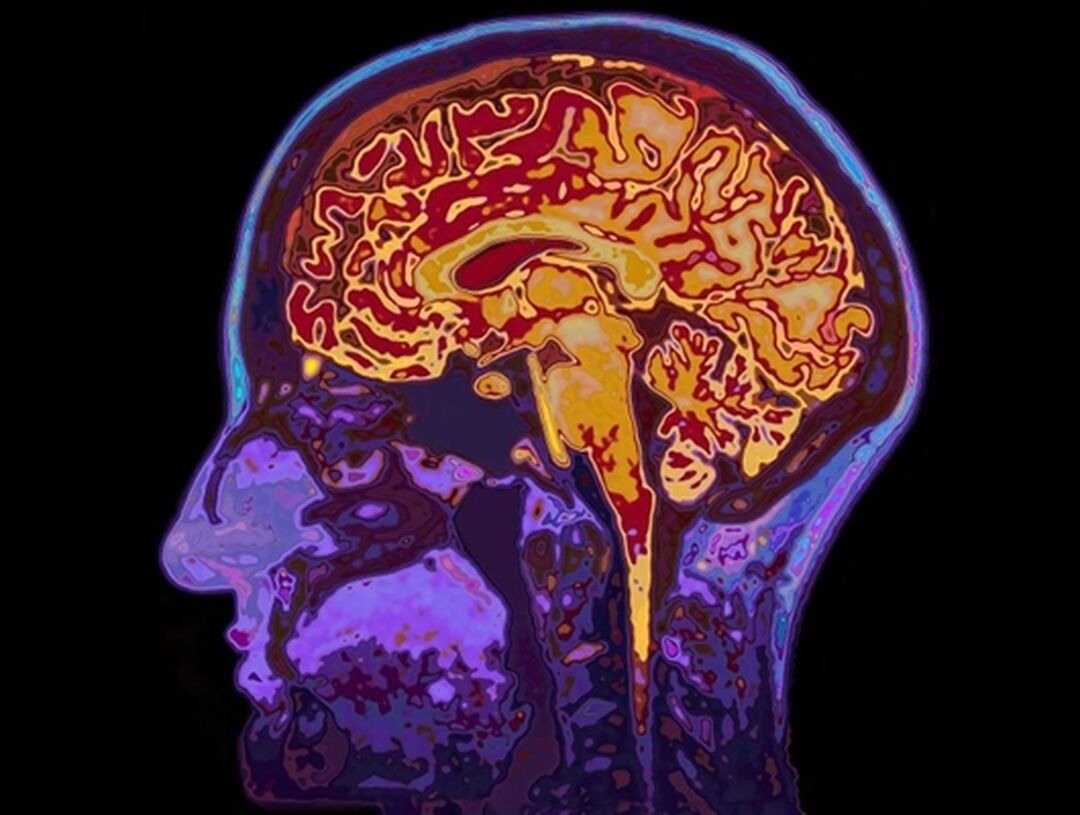
CONP: First Conference of its Kind
The first annual Canadian Open Neuroscience Platform (CONP) conference brought together neuroscientists, developers and policy experts to share and discuss ideas and projects for promoting open science in Canada. The launch of the CONP platform will allow for secure open data storage and will promote best practices in open science initiatives to advance brain health research across the country. This initiative was facilitated by OBI and its partners. Three Brain-CODE data sets are available on the platform.
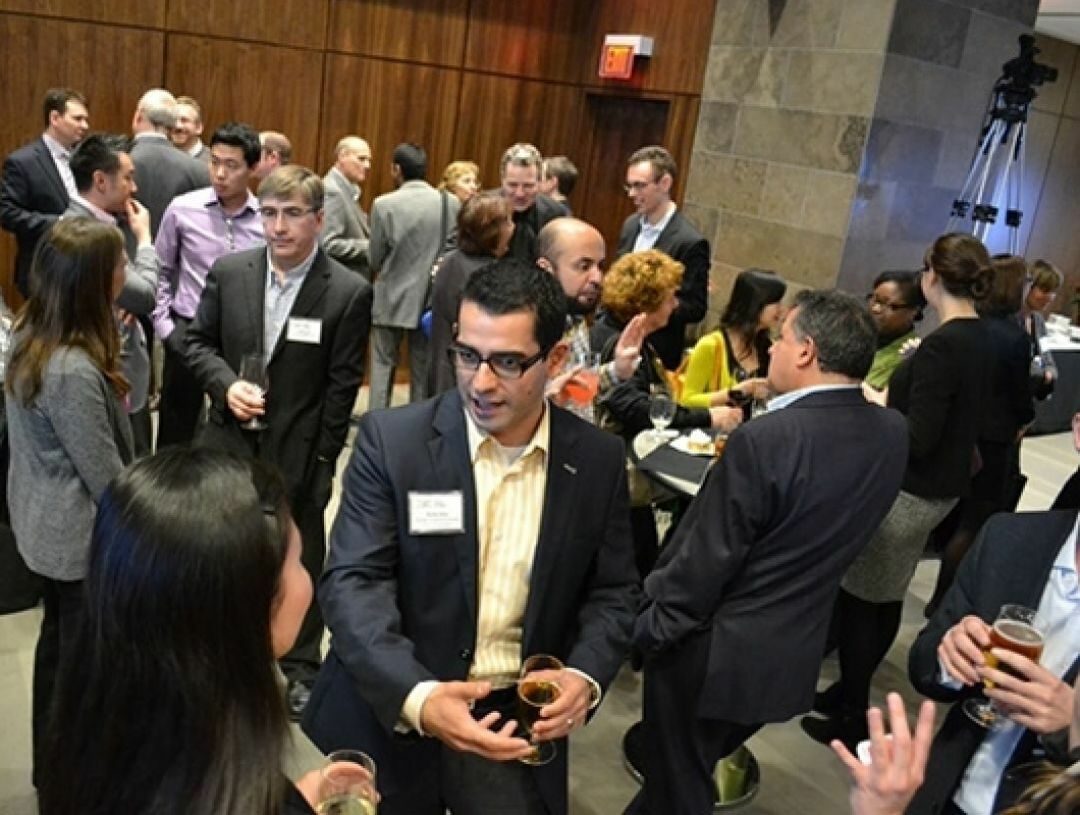
Paper by CP-NET Researchers Receives the Esteemed Gayle G. Arnold Award
The American Academy for Cerebral Palsy and Developmental Medicine has recognized CP-NET with the esteemed Gayle G. Arnold award for best scientific paper in 2020. This award, the most prestigious award from the Academy, is in honour of the CP-NET team’s research paper supporting the development of clinical practice guidelines for dystonia in cerebral palsy.
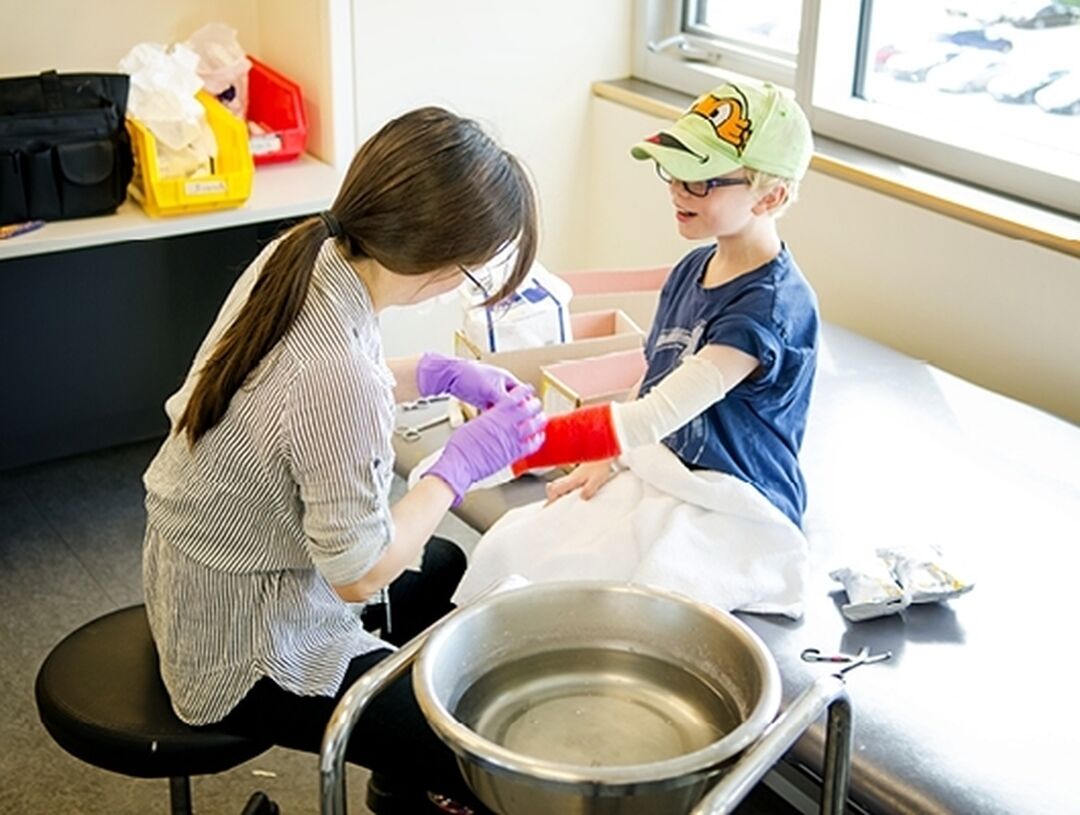
Project ECHO: Launches Concussion and Epilepsy Sessions
Project ECHO: Epilepsy Across the Lifespan launched a series of 10 new learning sessions for healthcare professionals across Ontario and Project ECHO: Concussion launched 15 new interactive sessions for remote healthcare professionals to learn about diagnosing and managing concussion patients. Clinicians from OBI’s network are involved in many ECHO programs to ensure that the valuable evidence coming from our research programs is being shared amongst healthcare providers across the province.
ECHO is based on the “train the trainer" model, in which healthcare providers share their knowledge and expertise with remote healthcare practitioners to better equip them to practice within their own communities and lessen the burden of care on urban city centres.

ONDRI: Gender Considerations in Care
Research shows that more women are admitted to a nursing home after a stroke than men, oftentimes with higher care needs. In order to address this disparity, OBI facilitated a partnership between ONDRI and Sunnybrook Hospital to discover better care and treatment options. This collaboration allowed for the direct flow of data from the hospital to the research program—leading to enhanced treatment recommendations such as post-stroke screening and care for depression and pain.

